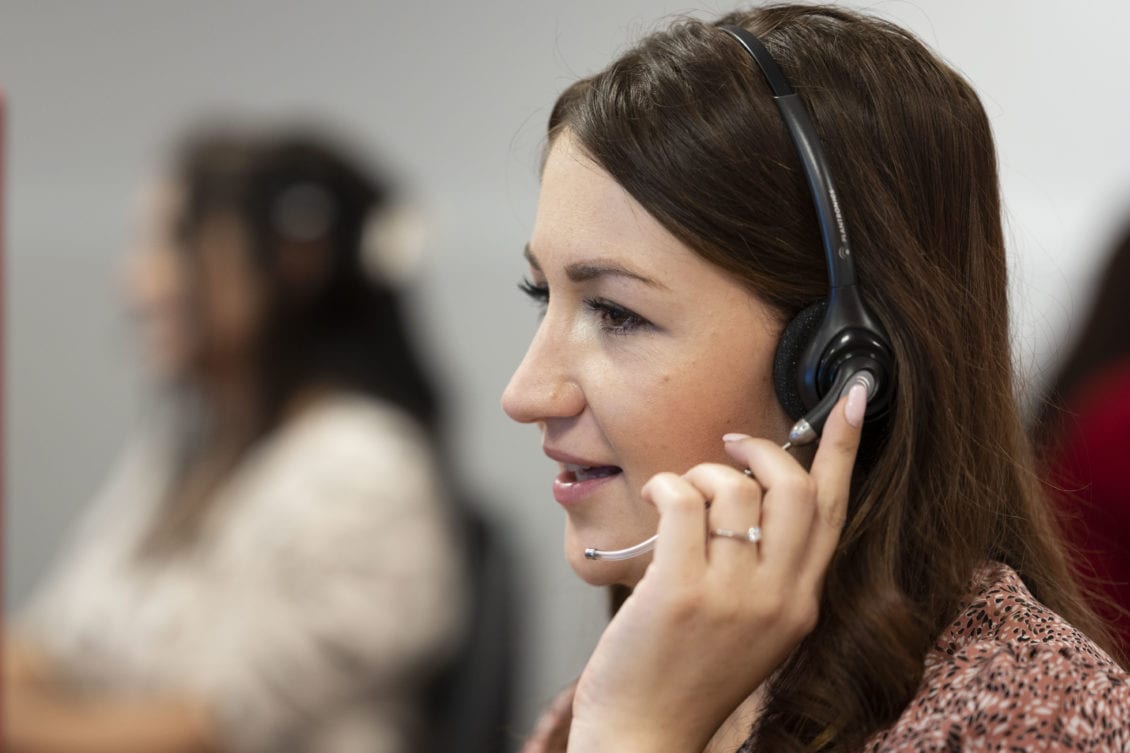Cardiff and Vale University Health Board is introducing a new and innovative approach to how patients access urgent care, the main message being: from Wednesday 5 August 2020, you will need to phone first if you think you need to attend the Emergency Unit and do not have a life-threatening emergency.
Traditionally, patients have been able to access the emergency department by walking into their local Emergency Unit (EU) or A&E. The ‘phone first’ system replaces this for non- emergencies with patients being encouraged to phone ahead and, if required, they will get a booked appointment – saving precious time.
During the Coronavirus global pandemic, Health Boards had no choice but to review the way in which they were providing services. As a result of the pandemic, we have seen a number of innovative digital solutions being used to enable patients to receive a consultation remotely. The vast majority have resulted in more convenience for the service user.
The success of these new ways of working together with the absolute requirement to keep people safe through social distancing , has led to GPs and hospital clinicians across Cardiff and Vale University Health Board setting up the phone first model ‘CAV 24/7’.
This will be a round the clock service where doctors and nurses will assess your needs and direct you to a service which best meets them, all while you wait at home.
The Chief Operating Officer from the Health Board, Steve Curry said: “Coronavirus presented us with a significant challenge to maintain services while keeping those who attended our hospitals safe from the harm of infection. We faced into this with system partners and fast-tracked through a range of alternative approaches to face-to-face care and treatment. Most were directed to services which better suited their needs. Given the absolute need to keep people safe from infection through over-crowding, we now need to implement changes to our Emergency Unit access. The Royal College of Emergency Medicine has indicated that most of those who stopped attending Emergency Units in the pandemic were non-emergencies and could have had their needs met elsewhere. This has made change necessary, particularly before winter.”
He continued: “Patient safety will always be our first priority, which is why the new system has been designed by our clinicians. Of course our Emergency Unit remains ready to receive emergencies and the public should continue to use it and the 999 system in emergency situations.”
Senior Emergency Physician and EU Consultant Dr Katja Empson, said: “While we saw numbers of patients fall during Covid-19, those numbers are now increasing and my emergency colleagues and I have serious concerns about the number of patients we can safely have in the EU at one time. We know that we cannot risk having a crowded Emergency Unit, now even more so than ever as this presents a risk to patient and staff safety. We also believe that this will become a particular risk over winter.
She continued: “The team at the Emergency Unit have been grateful for the acts of kindness and compassion shown by the public at the time of the pandemic. We came to understand how valued the work that we do is. We believe it is the right time now to introduce a system that will ensure people attend the right service at the right time. We are now advising that people must phone first prior to attending the Emergency Unit; this will ensure that you are directed to the most appropriate service to access or when appropriate, given an appointment time. There is no change to the service for those patients who are seriously ill or injured and require an ambulance. It is our belief that this is the right thing to do; those people who do require emergency care will have to wait less time and be seen in a safer environment, those people who have a problem that can be better managed in another part of the healthcare system will be given appropriate advice and guidance.
“If you are a patient across Cardiff and Vale University Health Board, we are promoting three main ways in which you can directly access healthcare. This does not replace access for those patients given direct access numbers as they are already in the health system and receiving treatment or advice such as community services but relates to new health issues that need to be explored.”
- Contact your local GP
- Urgent issues or Out of Hours – “Phone First” – call CAV 24/7 on 0300 10 20 247
- If it’s an emergency dial 999
For further information, visit the Health Board’s website: www.cardiffandvaleuhb.wales.nhs.uk








Leave a Reply
View Comments